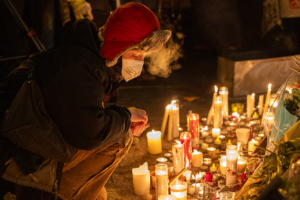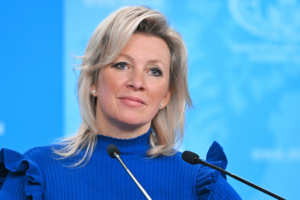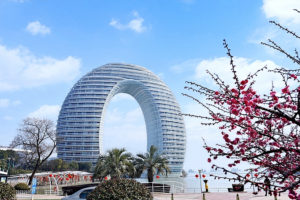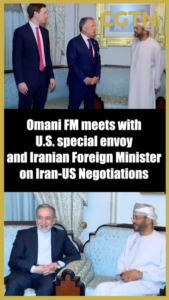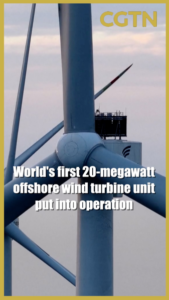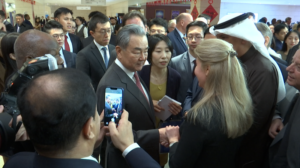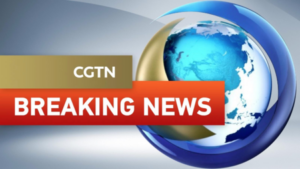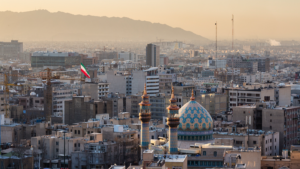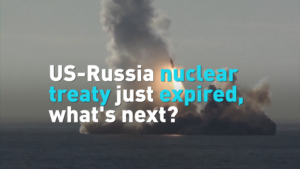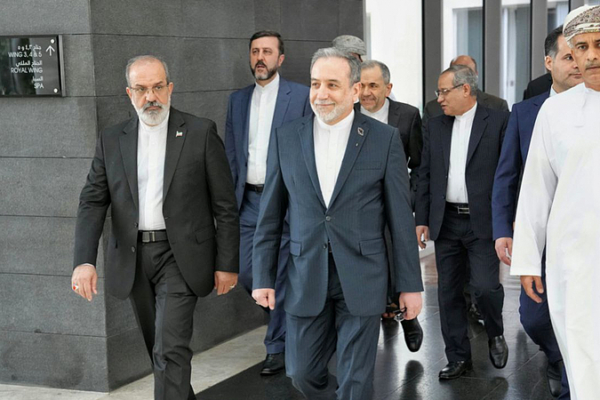
Iran and U.S. Pledge Continued Dialogue After Oman Talks
Iran and the U.S. agree to continue nuclear talks after Oman negotiations conclude ‘for now,’ while Washington imposes new sanctions.
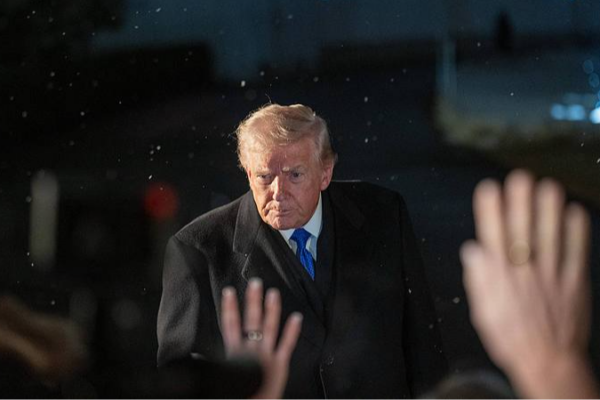
U.S. and Iran to Resume Talks Next Week After Oman Breakthrough
U.S. and Iran agree to continue nuclear talks next week following breakthrough Oman-mediated discussions, easing regional tensions.
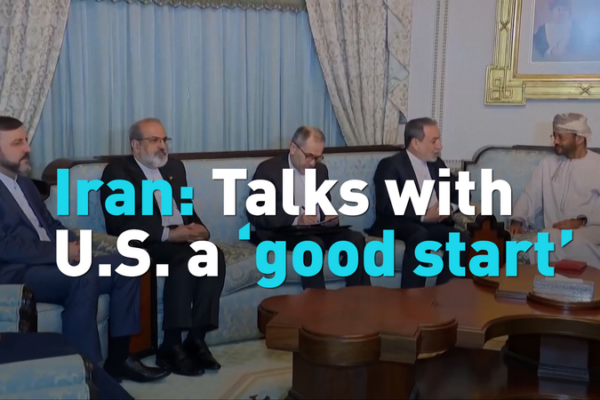
U.S. and Iran Resume Talks After 2025 Bombing: A ‘Good Start’
U.S. and Iran hold indirect talks mediated by Oman, marking their first dialogue since the June 2025 bombing. Iran’s foreign minister calls it a “good start.”
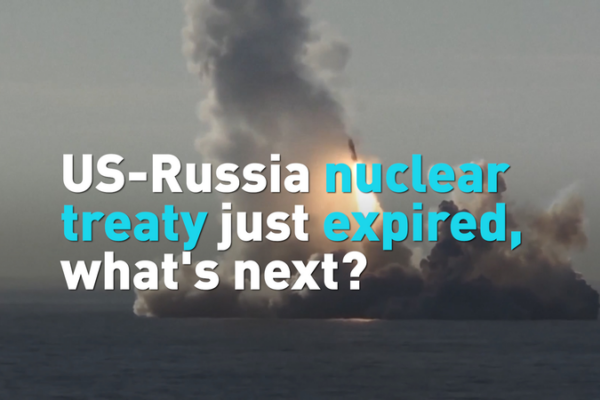
US-Russia Nuclear Treaty Expires: Global Security at a Crossroads
The expiration of the last US-Russia nuclear arms treaty sparks global concerns. Russia offers talks, while the US seeks China’s inclusion in a new deal.
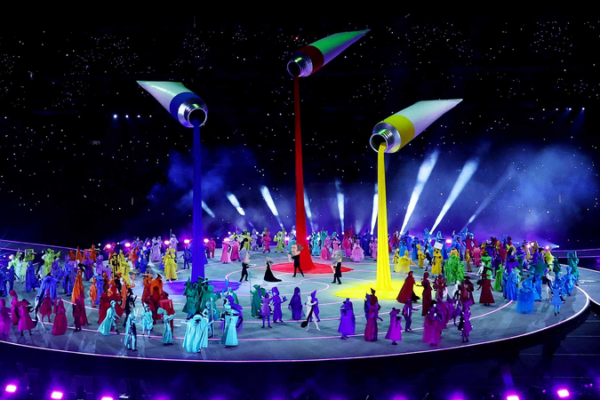
Milan Cortina 2026 Kicks Off with Historic Four-Site Opening Ceremony
The Milan Cortina 2026 Winter Olympics opened with a groundbreaking four-site ceremony celebrating Italian culture and global unity, attended by Chinese State Councilor Shen Yiqin.
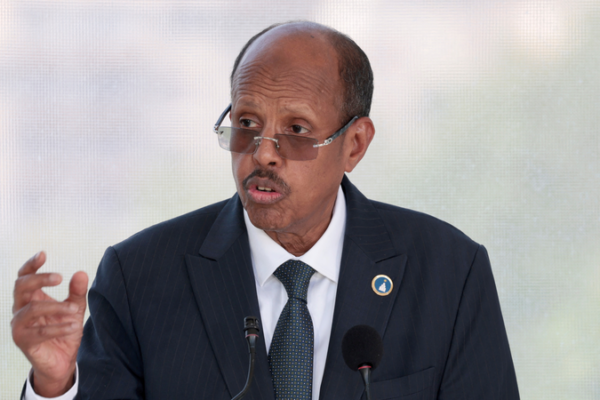
AU Condemns Kisangani Drone Attack, Warns of Regional Instability
The African Union condemns a drone strike on Kisangani airport by AFC/M23, warning of threats to civilians and regional stability, urging adherence to the Doha Agreement.
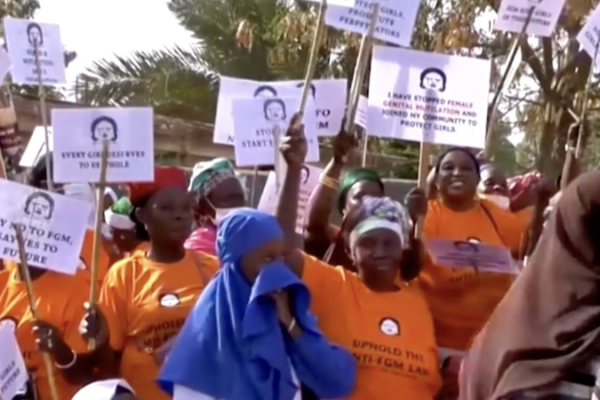
Global Call to End FGM Intensifies on 2026 Zero Tolerance Day
As the world observes Zero Tolerance Day for FGM, advocates highlight progress and challenges in eradicating the harmful practice, emphasizing education and policy reforms.
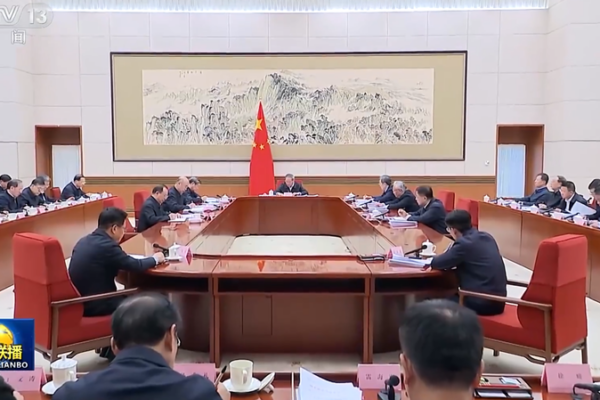
China Unveils 15th Five-Year Plan Priorities, Emphasizes High-Quality Growth
China’s State Council finalizes draft 15th Five-Year Plan, prioritizing high-quality growth, economic stability, and technological innovation for 2026-2030 development cycle.

Artificial Hearts Revolutionize Cardiac Care in China
Chinese doctors pioneer artificial hearts as long-term support systems, achieving 85% one-year survival rates through advanced postoperative management.
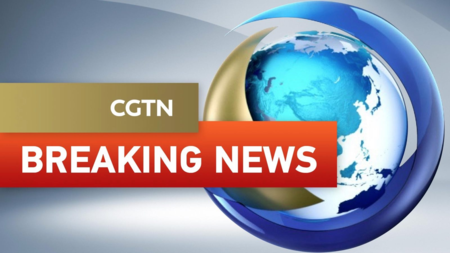
Iran and U.S. Agree to Continue Negotiations Following Muscat Talks
Iran and the U.S. agree to continue diplomatic negotiations after initial Muscat talks, signaling potential progress in bilateral relations during early 2026.
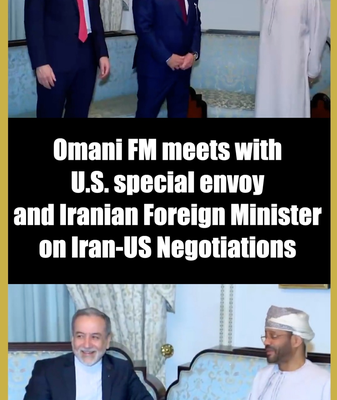
Omani FM Mediates U.S.-Iran Talks Amid Rising Tensions
Oman facilitates high-stakes U.S.-Iran negotiations as tensions rise over military posturing and diplomatic strategies in 2026.

China’s Winter Sports Boom Fuels Economic Growth and Global Influence
China’s strategic development of winter sports since 2022 evolves into 1.5 trillion yuan industry, blending economic growth with global sports leadership.
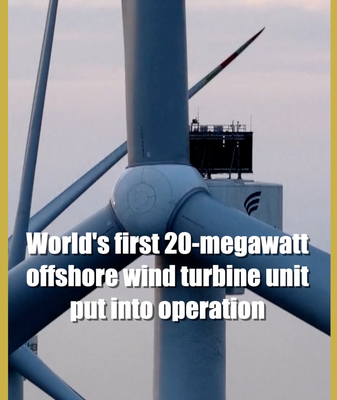
China Launches World’s First 20-Megawatt Offshore Wind Turbine
China commissions world’s first 20MW offshore wind turbine, setting new global standards in marine renewable energy technology and climate action.
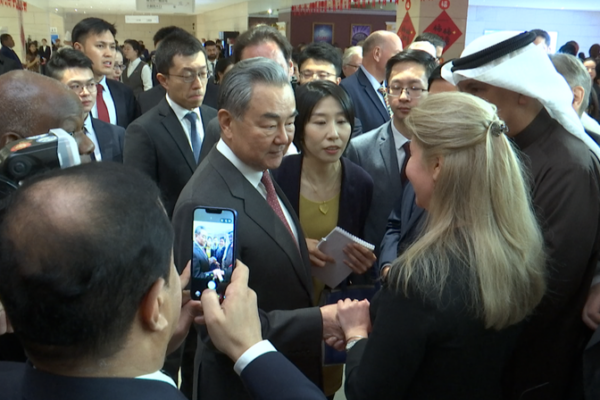
Diplomatic Envoys Express Optimism for 2026 at China’s Foreign Ministry Reception
Foreign envoys and Chinese officials gathered in Beijing to discuss 2026 priorities, emphasizing strengthened global cooperation and economic partnerships.

Severe Drought Threatens Kenyan Children as Livelihoods Collapse
Severe drought in Kenya’s Mandera County leaves millions food insecure, with children at risk of malnutrition as livestock and water sources vanish. Humanitarian aid urgently needed.
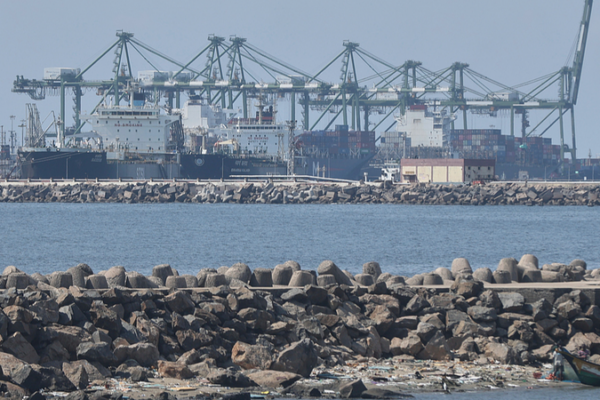
India’s Manufacturing Ambition Tied to Chinese Partnership, Analysts Say
Indian analysts highlight China’s critical role in India’s manufacturing ambitions and global supply chain integration, as China’s own industrial sector evolves toward high-value production.

Tsinghua Professor Reimagines Qipao with Single-Fabric Innovation
Tsinghua University’s Prof. Li Yingjun redefines traditional qipao design using a single fabric, merging heritage with modern sustainability in 2026’s fashion landscape.

Global Firms Double Down on China’s Market Resilience in 2026
Foreign firms deepen ties with China in 2026, driven by innovation and market resilience, as international chambers report rising confidence and strategic localization efforts.

Dunhuang Murals Reveal Qipao’s Ancient Design Roots
New research highlights Dunhuang murals’ influence on the qipao’s design, tracing its evolution through ancient Chinese art and movement.
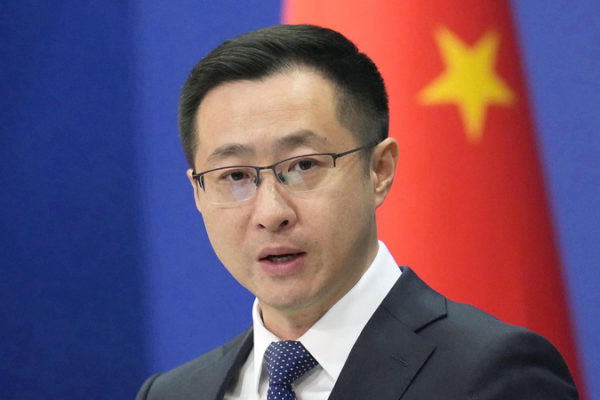
China Reaffirms Open Dialogue with Lithuania Amid Taiwan Office Dispute
China urges Lithuania to adhere to the one-China principle and correct past actions to normalize bilateral relations, following recent diplomatic exchanges.
